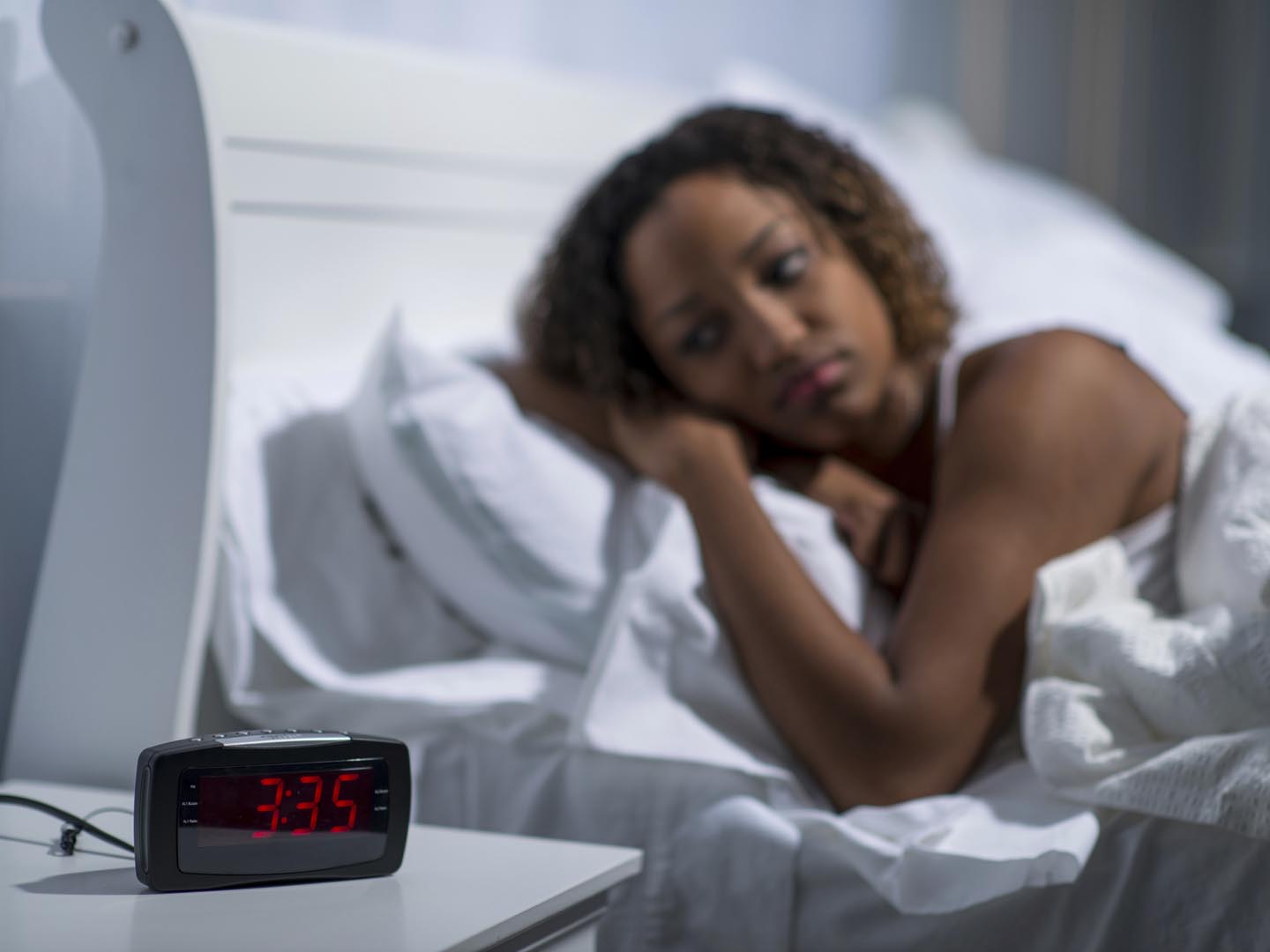Can Thyroid Trouble Affect Sleep?
Is there a correlation between hypothyroidism and sleep disruption? I don’t have any trouble falling asleep, and I do sleep soundly for 2 to 5 hours. Then I wake up and can’t get back to sleep.
Andrew Weil, M.D. | February 24, 2017

Hypothyroidism, a deficiency in the production of thyroid hormones, slows vital metabolic processes throughout the body. This can lead to problems in the heart, the GI tract, in mood, and in the menstrual cycle, as well as in the growth of hair, skin and nails. And it can certainly affect how well you sleep. (As can hyperthyroidism – higher than normal thyroid hormone levels.)
If you’re taking medication to address a problem with your thyroid, talk to your doctor about any sleeping problems you’re experiencing. A simple blood test will reveal whether your thyroid hormone levels are normal. If so, you’ll have to look elsewhere for an answer to your sleeping problems. Waking up as you describe is a variation of insomnia, called “sleep maintenance insomnia”; it is even more common than having trouble falling asleep. Sleep maintenance insomnia occurs more often in women than men, and there’s usually no obvious medical or psychiatric cause. While some cases are associated with sleep apnea, restless legs syndrome, chronic pain or depression, it is likely that one or more of the following possibilities could be responsible for your problem:
- Discomfort: The condition of your bed, mattress or pillow can be an impediment to a good night’s sleep. Check your mattress for signs of wear at least twice a year and replace it if it is worn. A new pillow might help, too.
- Noise: An inexpensive “white noise” generator that makes soothing sounds (ocean waves, waterfalls, tropical rain, for example) can mask noise that may be interfering with your sleep.
- Worrying: If you can’t sleep because of thoughts whirling through your head, try my Relaxing Breath (link), which can help you put aside problems that are keeping you awake.
- Avoid stimulants: If you’re sensitive to caffeine, stay away from coffee, tea and other beverages containing it. Alcohol can also interfere with sleep. If you smoke, stop – for your overall health and because nicotine is stimulating.
- Napping: A 10 or 20 minute nap may give you a boost in the afternoon, but a longer one can interfere with sleep later, particularly if you doze off in front of the TV.
- Exercise: Regular aerobic exercise – walking, jogging, biking or swimming – can help you sleep better (as long as you don’t work out in the evening).
- Mantram: This is the practice of repeating over and over in the mind certain syllables, words or phrases that help unify consciousness and counteract negative mental states. It is especially helpful for people with a restless mind, whose turbulent thoughts keep them from relaxing, concentrating and letting go of waking consciousness. The repetition of a verbal formula is one way of focusing attention and withdrawing it from thoughts that produce anxiety, agitation and unhappiness.
Here are more of my recommendations on dealing with sleeping problems.
Andrew Weil, M.D.










